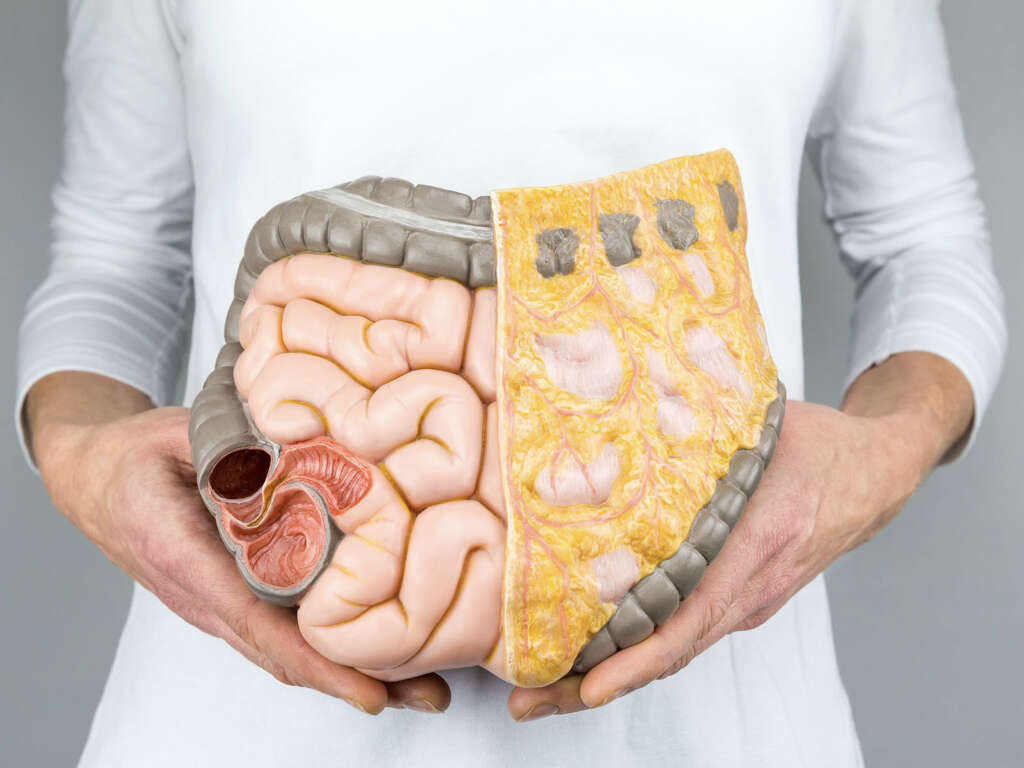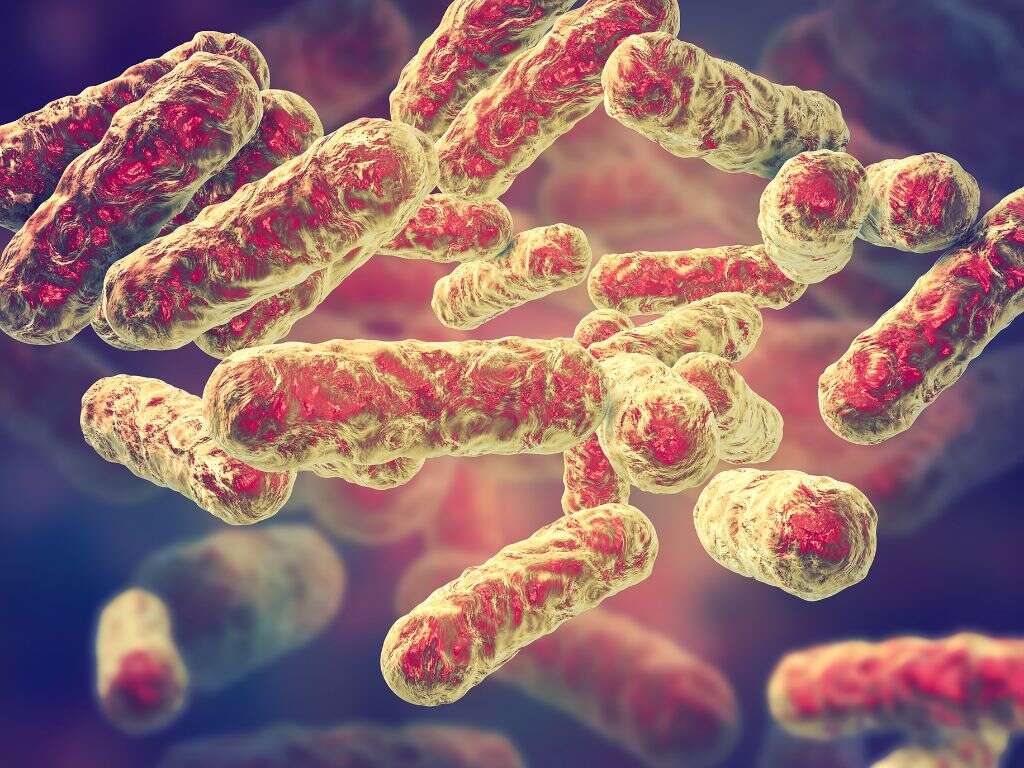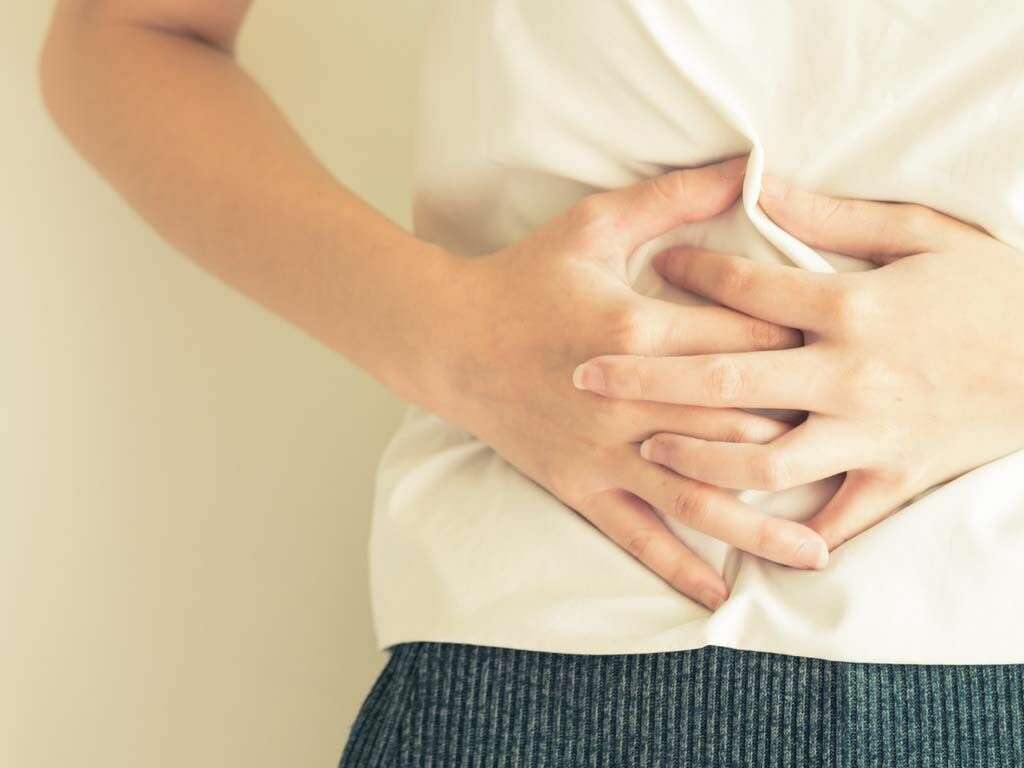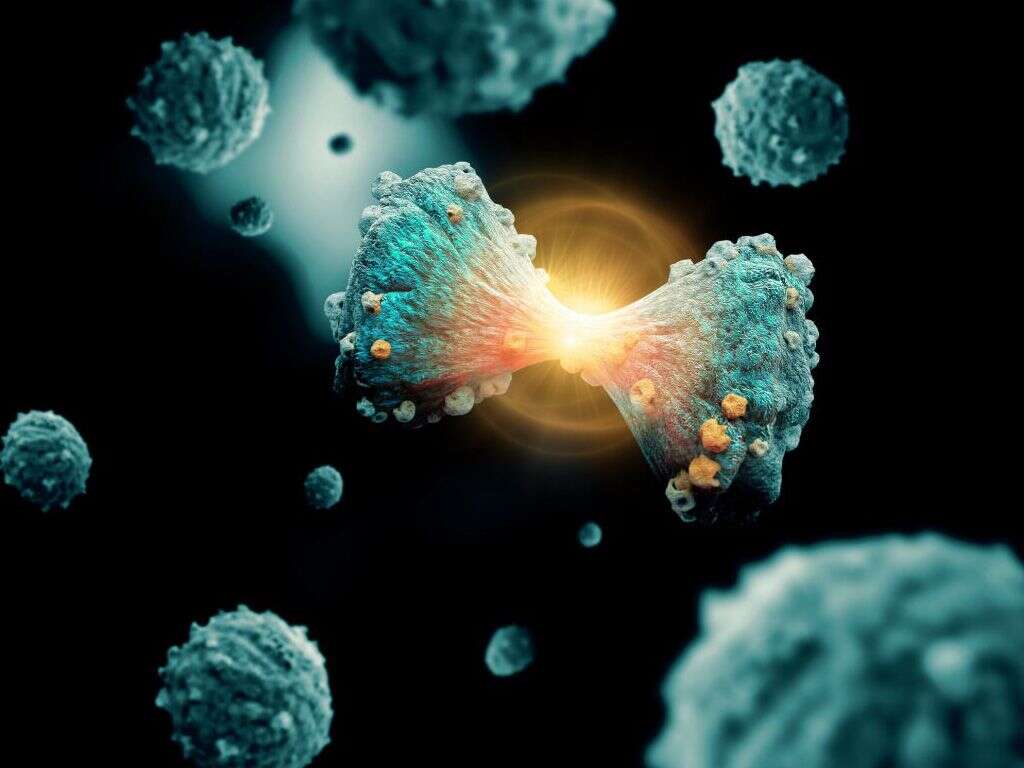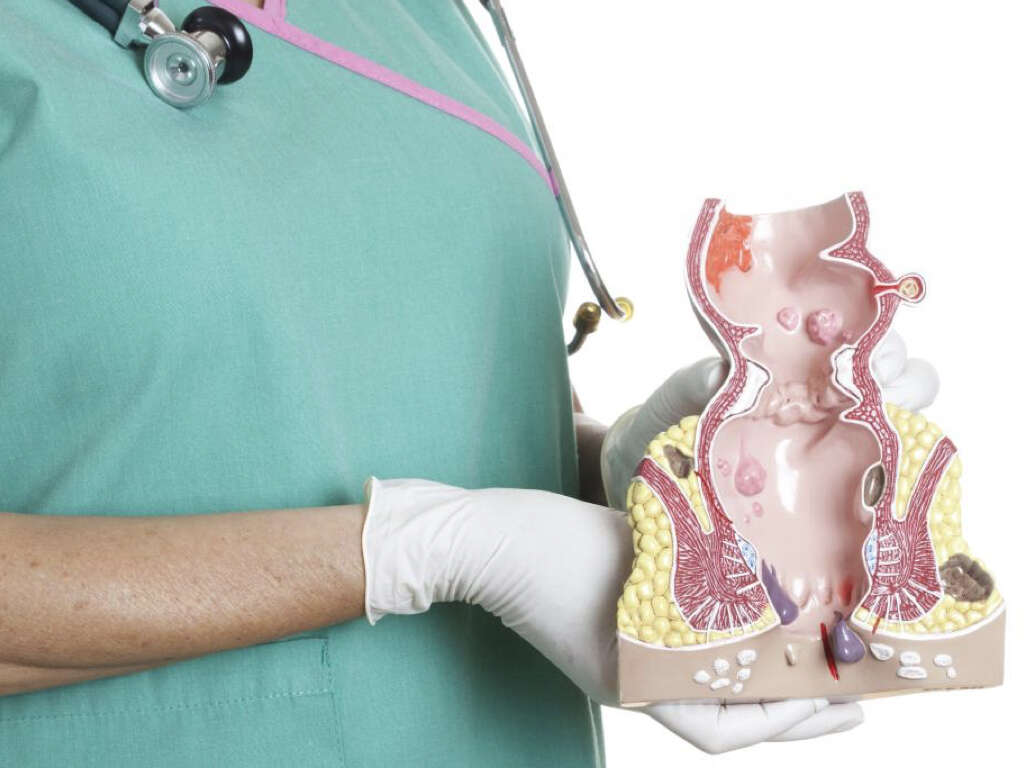What Causes Diarrhea?
Any fluids that we swallow are gradually absorbed by our digestive system, while fluids in our food are also absorbed. This does not happen immediately, however, but what we eat and drink tends to pass through slowly. This helps give the body enough time to absorb water, and everything else that is needed from our food.
If the contents of our digestive system were to pass through too quickly, it would mean that not enough water is absorbed by the body. This, in turn, would mean that a lot of water is passed out of the body with the patient’s stools. This is a fairly common condition known as diarrhea, and it will be dangerous in a small percentage of cases.
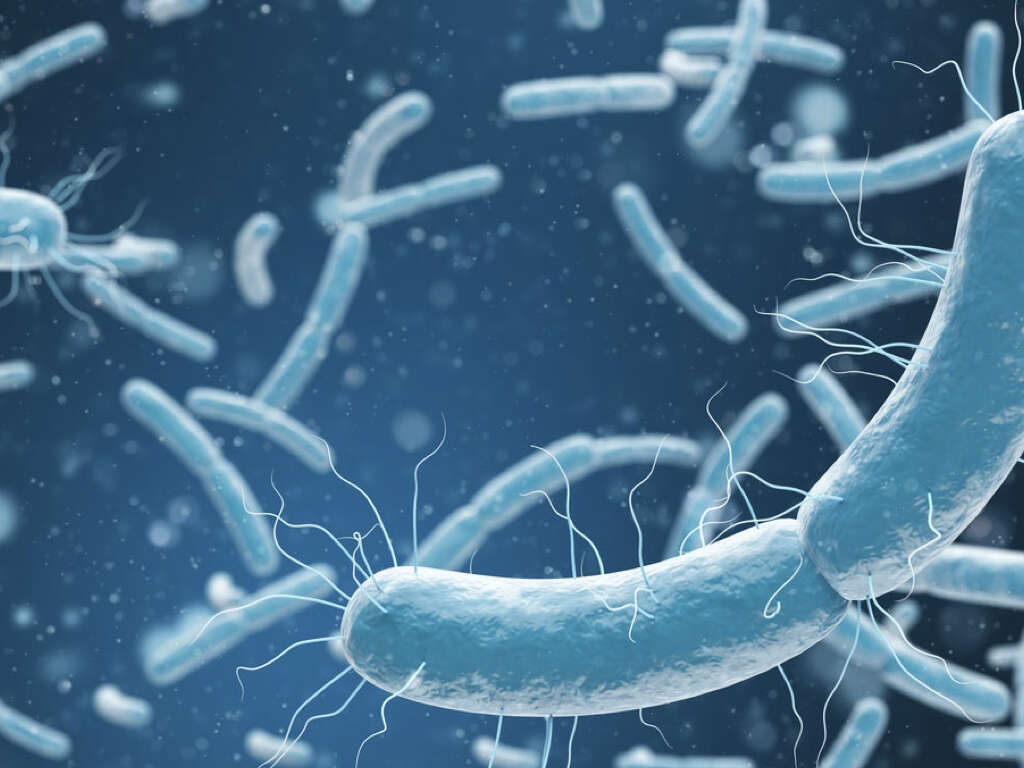
1. Spices
Many of us just love food that has a bit of a kick to it. Curries are one of the world’s most popular cuisines while there are also many other dishes that contain chilies and other spices that can have you reaching for a glass of water. As enjoyable as spicy food can be, however, many of us will end up regretting it.
Spices have the ability to irritate the stomach lining, and this can cause the food to be forced through the digestive system faster than usual. This can result in diarrhea, while it will sometimes be accompanied by a rather unwelcome burning sensation at the point of exit.
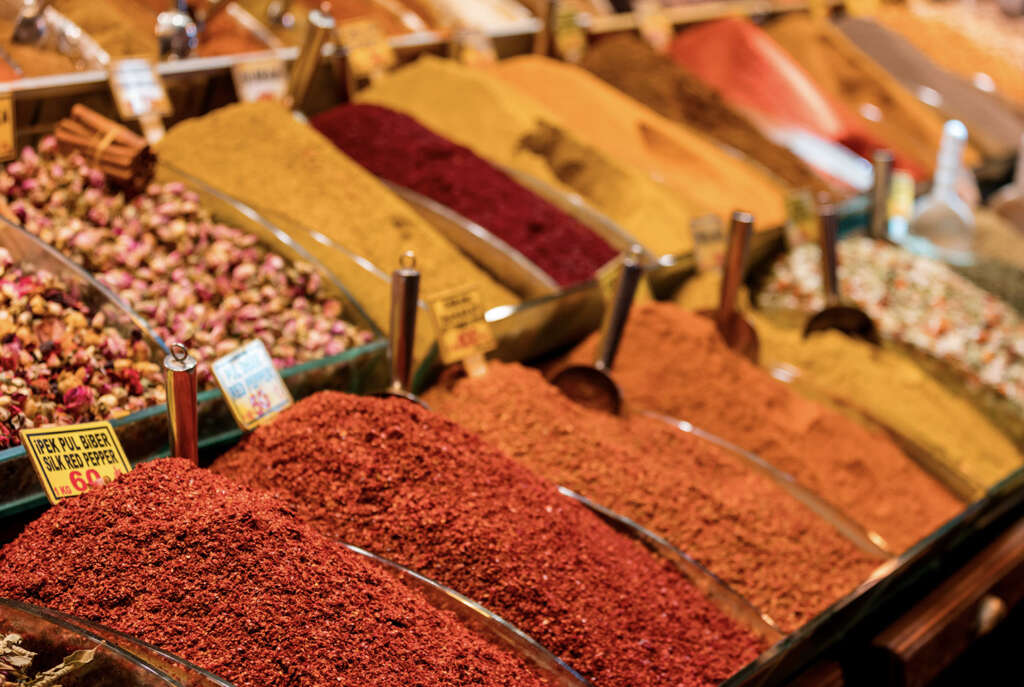
2. Irritable Bowel Syndrome
Irritable bowel syndrome is a condition where the patient is particularly sensitive to a wide range of foods. The patient can be left having to eat a very restricted diet lest they trigger the symptoms which can be very uncomfortable, and rather embarrassing. The severe cases of irritable bowel syndrome can have a profound negative impact on the patient’s quality of life.
Other disorders of the digestive system are also sometimes responsible for diarrhea. These include celiac disease, ulcerative colitis, microscopic colitis, and Crohn’s disease. Other digestive system disorders can also mean the patient will have a limited diet, but treatment may be able to help soothe the symptoms.

3. Viral Infections
There are a number of viruses that can infect the digestive system, potentially resulting in some very unwelcome symptoms, including diarrhea. Such infections are also relatively common and can affect people of all ages. However, they are usually only mild and the patient should make a full recovery within a week or so.
Culprits include noroviruses, which are the most common cause of illness from contaminated food. Rotaviruses are also a common culprit, and the most common cause of viral gastroenteritis in children. Diarrhea from rotaviruses can be severe, so the patient should be monitored, especially if they are young.
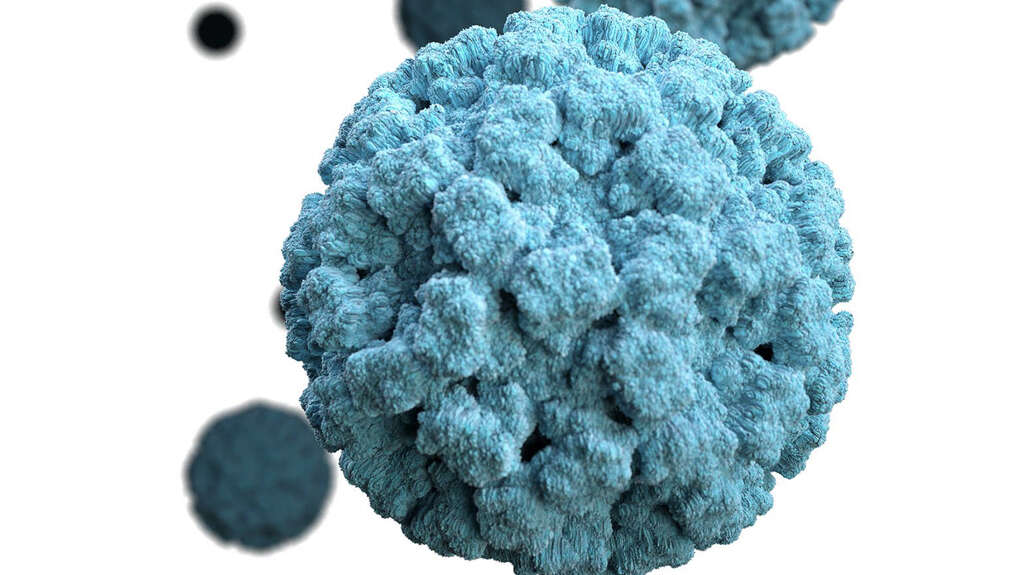
4. Bacterial Infections
If we are not careful with how we store and prepare our food and water then bacteria may be able to contaminate it. Most of these bacteria will be harmless, but some can make us rather ill. Bacterial infections of the digestive system are most common in parts of the world where hygiene and sanitary conditions are poor.
E Coli and salmonella in particular are notorious for causing diarrhea, while Clostridium difficile is another common culprit. Bacterial infections will sometime be serious and hospitalization can be necessary in severe cases. They can even result in fatalities in some cases, although treatment is usually available.

5. Anxiety
We will all become anxious from time to time. It can be because we are going on a date, or maybe we are on our way to an important job interview. Whatever the reason it can make us feel quite uncomfortable and we may also experience some rather unwelcome physical symptoms.
Anxiety is caused by the release of certain hormones in our body, and these help control aspects like blood pressure and heart beat. They will also have an impact on the digestive system, however, and it can result in us developing diarrhea. The symptoms should pass once the anxiety subsides, but some people will need medication to help them through it.
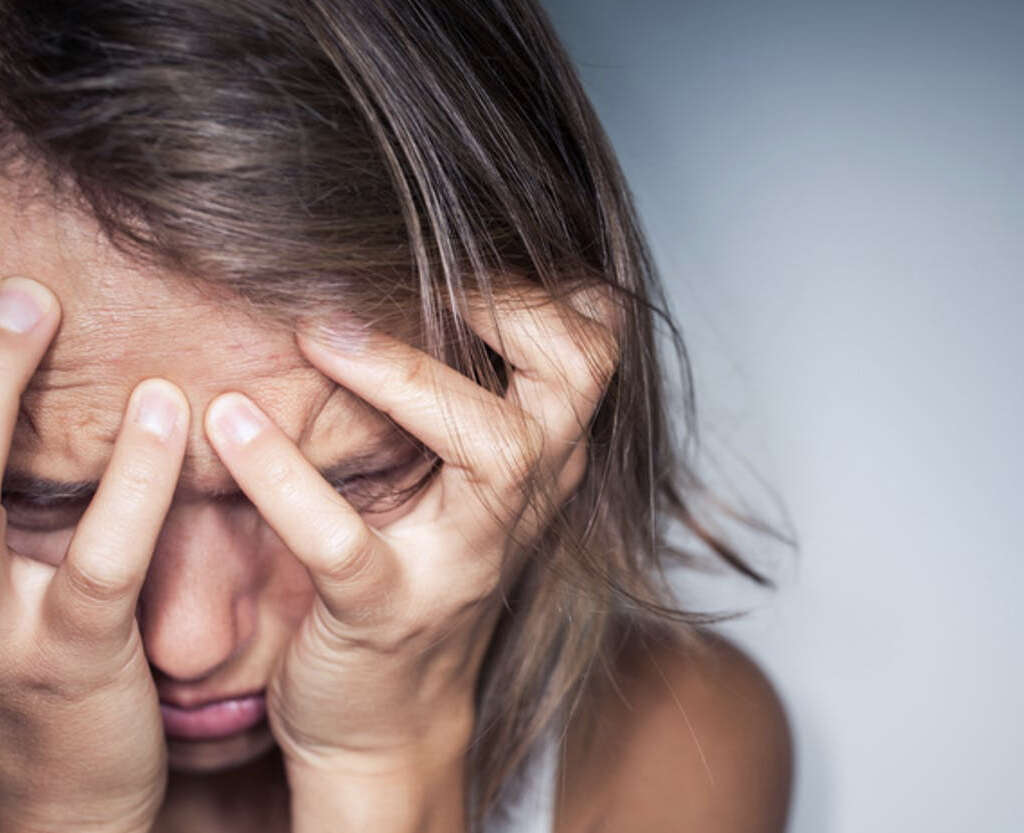
6. Medications.
While medications are intended to help us, many of them do come with some unwelcome side-effects. One of these is that they can cause us to develop diarrhea. Some types of medication will irritate the lining of our stomach; potentially causing our food to be forced through faster.
Medication can also cause diarrhea in another way, particularly where antibiotics are concerned. Our digestive system is home to a variety of pathogens and other organisms, and antibiotics can kill these bacteria. This can, in turn, cause an imbalance in the microbes living in our digestive system, and this might result in diarrhea. Surgery will also sometimes be a cause of diarrhea.

7. Sweeteners
Sweeteners are a fairly popular replacement for sugar because they are less fattening, which has obvious benefits. While this may come with some health benefits, however, they are not without their drawbacks. One of these is that sweeteners contain compounds that will cause some people to develop diarrhea.
Some people might also develop diarrhea after eating fruits and berries. As delicious and healthy as they can be, they can also cause diarrhea and other unwelcome symptoms in some people. This is because they contain a naturally occurring sugar known as fructose, and some people will have difficulty breaking it down.
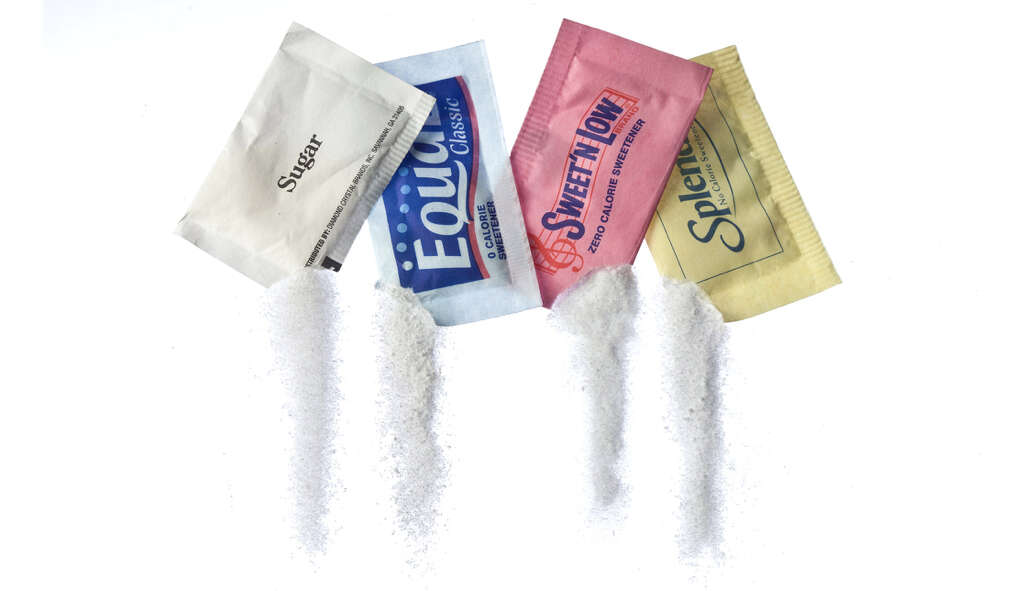
8. Lactose Intolerance
Lactose is another type of naturally occurring sugar, only this time it is found in milk. Some people lack the enzyme that is needed to break down lactose, and this can result in all sorts of unwelcome symptom of the digestive system, including diarrhea. People tend to produce less of the required enzyme as they get older, making then more prone to lactose intolerance.
Milk is commonly used in the kitchen and found in a wide range of foods. This means the patient will likely need to try and avoid foods these to prevent triggering some awkward symptoms. Fortunately, there are many foods that contain no lactose, so the patient should still have a varied diet.

9. Complications
Diarrhea is an unpleasant symptom and it will also likely be accompanied with other unwelcome symptoms like abdomen pain and spasms. It can also make things difficult for the patient as they become reluctant to be too far away from a bathroom. Diarrhea will also sometimes cause potentially severe complications.
In cases of severe diarrhea, water is regularly being passed out of the body before it can be absorbed. This can mean the body is not getting the water it needs, and this can result in dehydration. Severe dehydration is among the most common causes of death from digestive system issues, and vulnerable patients should be monitored closely.

10. Treatment
Treating diarrhea will depend on the underlying cause. In many cases, it is simply a case of having the patient resting up and drinking plenty of fluids. In some cases, the patient will need to stop taking certain medication, or at least cut down on how much of the medication they are using.
Medication will be required in other cases, however, and this will mean antibiotics if bacteria are present. Anti-inflammatories and immune suppression medication may also be used if the patient has a disorder of the digestive system. It will also sometimes be necessary to provide medication that will help to keep the patient hydrated.




